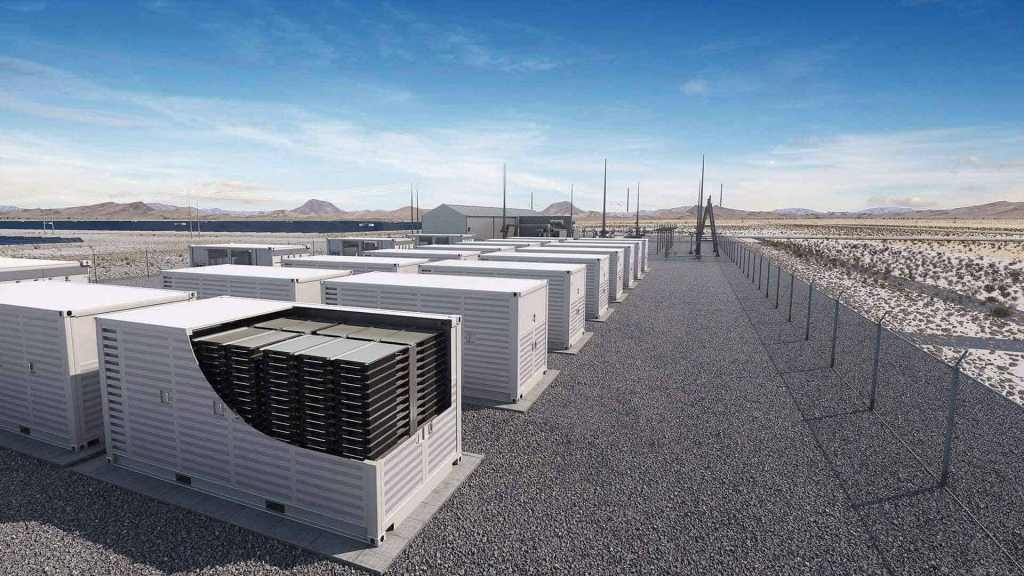With the rise of renewable energy, lithium batteries for solar storage have become crucial in the future of energy. These lithium-ion batteries are not only storage tools for green energy but also have unique features that determine their prospects and choices in the market. This article will delve into the characteristics of lithium batteries for solar storage and how to choose the most suitable lithium-ion battery type.
Lithium-ion batteries: the stars of solar energy storage
In solar energy storage systems, lithium-ion batteries are undoubtedly the worthy stars. Why? First, lithium-ion batteries have a very high energy density, which means they can store a large amount of energy in a relatively small volume. This is crucial for solar energy storage systems with limited space.
Second, lithium-ion batteries have excellent charging and discharging efficiency. This means that when solar panels generate electricity, most energy can be efficiently stored and released when needed. This helps minimize energy losses and improve the overall system performance.

Types of lithium batteries for solar storage
When choosing lithium batteries for solar storage, there are several common types to choose from, each with its own unique characteristics. Here are some common solar energy storage lithium-ion battery types:
Lithium Iron Phosphate (LiFePO4) battery
LiFePO4 batteries are known for their excellent safety and long lifespan. They are relatively less affected by overheating and overcharging, making them suitable for long-term use, especially in home solar energy storage systems. This type of battery usually has a lower energy density, but its stability and lifespan make it a reliable choice.
Lithium Magnesium Oxide (LiMgO2) battery
LiMgO2 batteries are a relatively new technology known for their higher energy density and capability of storing more energy. They also have a longer lifespan but may require more management and monitoring for safety compared to LiFePO4 batteries.
Lithium Nickel Manganese Cobalt Oxide (NMC) battery
NMC batteries are versatile batteries commonly used in electric vehicles and large-scale commercial solar energy storage systems. They have higher energy density and longer lifespans but are relatively complex and require advanced management systems to ensure performance and safety.
How to choose the right solar energy storage lithium-ion battery
The choice of the appropriate solar energy storage lithium-ion battery type depends on several factors. First, consider the scale and purpose of the energy storage system. LiFePO4 batteries may be more suitable for home use, while larger commercial projects may require NMC batteries for higher energy density.
Next, consider the budget and long-term costs. Although some battery types may have lower initial investment, they may require more frequent maintenance and earlier replacement, which increases the total cost. Therefore, initial cost, lifespan, and performance must be considered comprehensively.
Lastly, consider the characteristics of the renewable energy system. Certain battery types are more sensitive to temperature and charging characteristics, so it is important to choose an appropriate battery type based on specific climate and sunlight conditions. Ensuring that the chosen battery type can adapt to local climate conditions is crucial.
Lithium batteries for solar storage are key to the future of renewable energy, with their high energy density and efficiency making them an ideal choice for energy storage systems. Different types of lithium-ion batteries are suitable for projects of different scales and purposes, and budget, lifespan, and climate conditions need to be carefully considered when choosing. Regardless of the type chosen, lithium batteries for solar storage will drive the development of green energy and positively impact the environment and economy.
